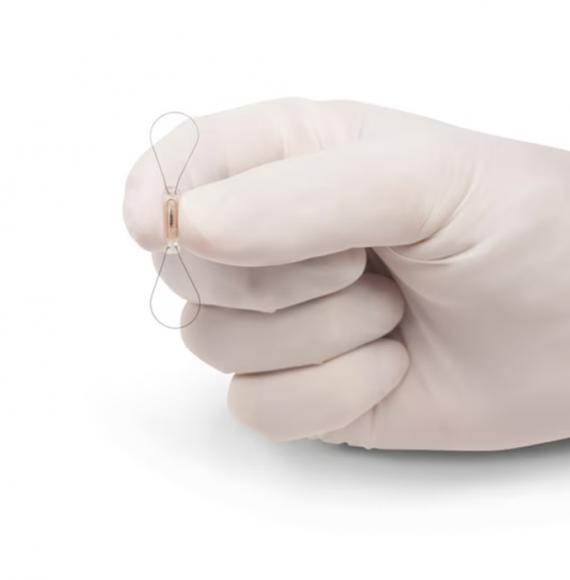The Covid-19 pandemic could have taken the Health Secretary’s mission to replace pagers in the NHS by 2021 in one of two directions: stalling out as other priorities took precedent, or reinforcing the need to substitute the legacy technology with modern, more high-functioning alternatives. From everything which has been seen so far across the health service, momentum appears to be favouring the latter.
Midway through the pandemic, NHSX published a tender to provide communication services to replace tenders, seeking to supporting NHS trusts with their adoption through the establishing of a framework agreement, necessary because - as they described it - the Covid-19 pandemic had “accelerated the need to urgently deliver” Matt Hancock’s plans to replace the pager by the end of 2021.
And some of those trusts who have pushed on with their pager replacement programmes just prior to and during the pandemic, despite the additional pressures and strains elsewhere, have reaped the rewards of much more thorough and reliable communication between staff.
In the high pressure situation of handling patient care during the pandemic, ensuring messages can get between the right staff, at the right time, and keep everyone informed is essential to protecting the safety of both staff and patients.
One trust, the Royal National Orthopaedic Hospital (RNOH) NHS Trust, swapped their outdated pagers for a new communications solution from Vocera, clinical communication specialists, and reported experiencing an 84% improvement in care response time.
Within the trust, the mobilisation of the cardiac arrest team at the 220-bed hospital went from an average of two minutes down to just 20 seconds; which for some patients experiencing a serious cardiac incident, those 100 seconds regained could represent the difference between life and death.
Adding to that, RNOH’s Head of Nursing for the Medicine and Therapies, Pauline Robertson, explained: “Vocera technology sped up communication and coordination during the peak of the Covid-19 crisis.
“It helped us provide seamless patient care without risking infection, and we were able to conserve precious PPE.”
At National Health Executive, we have worked with Vocera and our NHS audience to research the benefits of pushing on with NHS trusts’ pager replacement journeys, despite the challenges.



















